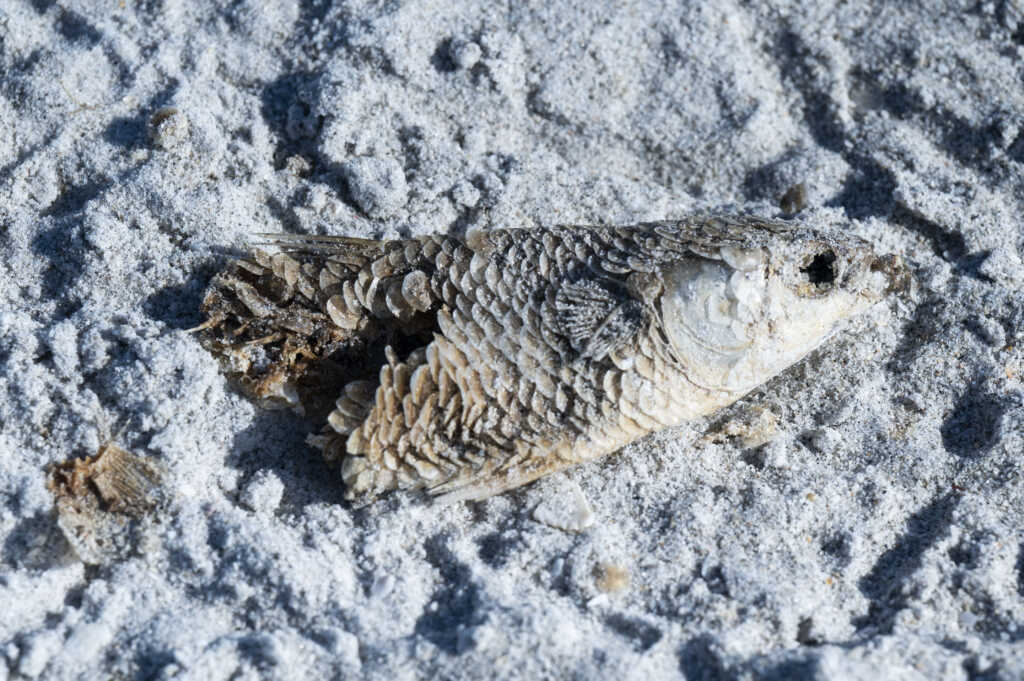Why we track “Dirty Money” – and why it matters

The late comedian Robin Williams once said politicians should wear sponsor jackets like NASCAR drivers so we can know who owns them.
We envision the Dirty Money Project as the next best thing.
“Dirty money,” or campaign cash from polluting special interests, buys influence and drives public policy in Florida. Want to know why Florida’s sugar industry has such clout when it comes to water management policy, even when this results in devastating discharges from Lake Okeechobee to the Caloosahatchee and St. Lucie rivers?
Maybe it’s because over the past six years, Big Sugar (U.S. Sugar, Florida Crystals and the Sugar Cane Growers Cooperative) have spent $36.7 million on political contributions to state-level candidates alone.
Similarly, the 2022 Piney Point wastewater crisis demonstrated the hazards inherent to Florida’s phosphate mining industry. That industry has given more than $5.3 million in political money over the past six years to keep reform at bay.
 Florida’s public utilities, which account for 40.3 percent of greenhouse gasses emitted in the state, spend prolifically; NextEra Energy (parent company of FPL), Duke Energy and TECO Energy together gave $55.8 million to PACs and candidates since 2018.
Florida’s public utilities, which account for 40.3 percent of greenhouse gasses emitted in the state, spend prolifically; NextEra Energy (parent company of FPL), Duke Energy and TECO Energy together gave $55.8 million to PACs and candidates since 2018.
Big agriculture and the “sprawl” industry give additional millions, ensuring friendly legislators who push and pass industry-friendly legislation, often to the detriment of our vulnerable waterways.
VoteWater has long reported on political giving by the sugar industry, but last year we set out to track dirty money more comprehensively than ever before. Working with volunteer partners, including law students from The Jacobs Public Interest Law Clinic for Democracy and the Environment at the Stetson University College of Law, we assembled a searchable database of political contributions at the federal, state and county commission level from 2018 to the present for the eight-county region comprising St. Lucie, Martin, Palm Beach, Broward, Miami-Dade, Monroe, Collier and Lee counties.
We tracked not just contributions to individual elected officials, but to political action committees, or PACs — which play a much bigger role than most realize.

Some elected officials have gotten millions, and that's reflected in public policy around the state.
Incoming Florida Senate President Ben Albritton has gotten at least $2.7 million in “dirty money” since 2018 via his campaign and his PACs, including the powerful (and well-funded) “Advancing Florida Agriculture” committee. Albritton has a farm background, and gets money from myriad farming interests — including Big Sugar.
Albritton — not coincidentally — was the sponsor of notorious Senate Bill 2508 in 2022, a measure which would have solidified Big Sugar’s grip on Lake O water management. That same year he sponsored another bill, now law, allowing citrus farmers to use fertilizer “rate tailoring” — effectively allowing them to use more fertilizer, much of which can run off into vulnerable waterways.
Or take the fact that every member of our eight-county region’s Congressional delegation takes money from the sugar industry, except one: Stuart Congressman Brian Mast. Mast has tangled with the industry and publicly backed reforming the sugar program in the federal farm bill. No other member of our region’s delegation has done so.
Think the industry’s “dirty money” has anything to do with that?
And that’s the point. Dirty money guarantees access, it guarantees consideration. Individual citizens can never match the “generosity” of the big corporate interests that shower money on politicians at every level of government. So those special interests get their way — and we get dirty water.
That has to change — and knowledge is the first step towards our ultimate goal: Making dirty money so toxic even dirty politicians won’t take it.


